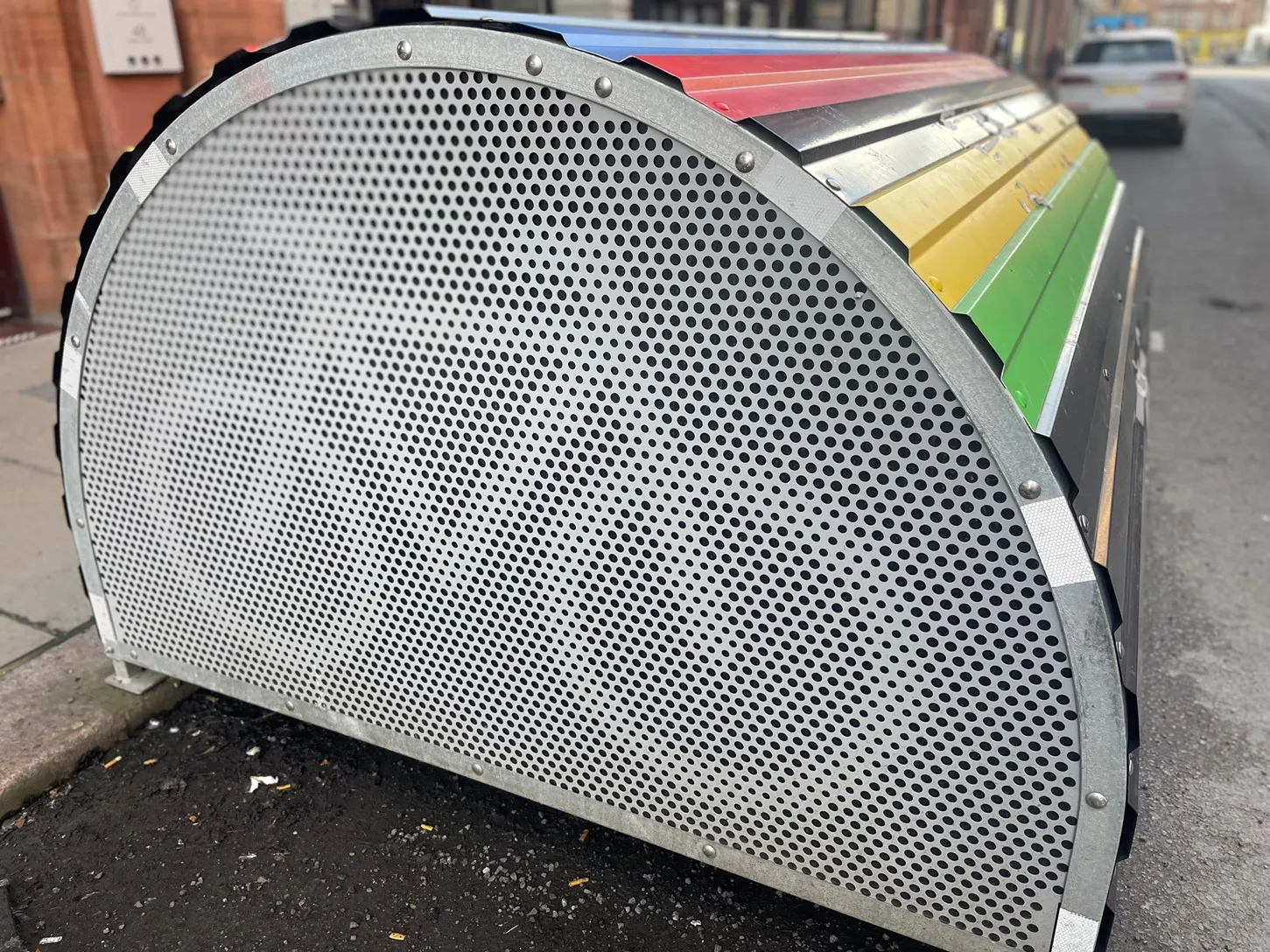The Mayor of London, Boris Johnson, and Transport for London (TfL) have outlined plans for trialling new pedestrian crossing sensors to help make it easier and safer for people to cross the road throughout the capital.
The introduction of pedestrian Split Cycle Offset Optimisation Technique, or pedestrian SCOOT, is the first of its kind in the world and uses state-of-the-art video camera technology to automatically detect how many pedestrians are waiting at crossings. It enables the adjustment of traffi
March 7, 2014
Read time: 3 mins

The Mayor of London, Boris Johnson, and 1466 Transport for London (TfL) have outlined plans for trialling new pedestrian crossing sensors to help make it easier and safer for people to cross the road throughout the capital.
The introduction of pedestrian Split Cycle Offset Optimisation Technique, or pedestrian SCOOT, is the first of its kind in the world and uses state-of-the-art video camera technology to automatically detect how many pedestrians are waiting at crossings. It enables the adjustment of traffic signal timings automatically to extend the green pedestrian invitation to cross phase when large numbers of people are waiting, allowing more people to cross the road.
In addition, TfL is developing a ‘call cancel’ technology, which can detect when a pedestrian who has pushed the crossing button has either crossed before the signal goes green or walks away, and therefore cancels the pedestrian crossing phase.
This latest initiative follows on from TfL’s successful development of Pedestrian Countdown technology, which tells pedestrians how long they still have left to cross the road once the green pedestrian phase has gone out. Around 550 pedestrian crossings at 200 locations across 30 London boroughs have now been equipped with Pedestrian Countdown, with TfL committed to install the technology out more widely across the capital in the coming years.
The forthcoming trials are also an early example of how TfL will use innovation to change the management of London’s road network to better reflect the character of the local area, which was one of the key recommendations in the Mayor’s Roads Task Force which was published in July 2013. Subject to the outcome of the trials, TfL is hopeful that it can further develop the technology to use at other high footfall areas such as outside sporting venues or along busy high streets.
Mayor of London, Boris Johnson, said: “I am delighted that London is the first city in the world to be trialling this cutting-edge equipment, which will benefit pedestrians across the city. This really is a fantastic example of how London is leading the way by using 21st century technology to help make it easier for people to get around our great city. Innovation like this is key to keeping London moving efficiently and making our roads safer for everyone to use.”
Leon Daniels, managing director of Surface Transport, said: “We are fully committed to improving road safety for all road users across London, especially pedestrians. These new trials of pedestrian detection technology will allow our traffic signals to become even more intelligent, bringing huge benefits to those waiting to cross the road where there is heavy pedestrian demand.”
The introduction of pedestrian Split Cycle Offset Optimisation Technique, or pedestrian SCOOT, is the first of its kind in the world and uses state-of-the-art video camera technology to automatically detect how many pedestrians are waiting at crossings. It enables the adjustment of traffic signal timings automatically to extend the green pedestrian invitation to cross phase when large numbers of people are waiting, allowing more people to cross the road.
In addition, TfL is developing a ‘call cancel’ technology, which can detect when a pedestrian who has pushed the crossing button has either crossed before the signal goes green or walks away, and therefore cancels the pedestrian crossing phase.
This latest initiative follows on from TfL’s successful development of Pedestrian Countdown technology, which tells pedestrians how long they still have left to cross the road once the green pedestrian phase has gone out. Around 550 pedestrian crossings at 200 locations across 30 London boroughs have now been equipped with Pedestrian Countdown, with TfL committed to install the technology out more widely across the capital in the coming years.
The forthcoming trials are also an early example of how TfL will use innovation to change the management of London’s road network to better reflect the character of the local area, which was one of the key recommendations in the Mayor’s Roads Task Force which was published in July 2013. Subject to the outcome of the trials, TfL is hopeful that it can further develop the technology to use at other high footfall areas such as outside sporting venues or along busy high streets.
Mayor of London, Boris Johnson, said: “I am delighted that London is the first city in the world to be trialling this cutting-edge equipment, which will benefit pedestrians across the city. This really is a fantastic example of how London is leading the way by using 21st century technology to help make it easier for people to get around our great city. Innovation like this is key to keeping London moving efficiently and making our roads safer for everyone to use.”
Leon Daniels, managing director of Surface Transport, said: “We are fully committed to improving road safety for all road users across London, especially pedestrians. These new trials of pedestrian detection technology will allow our traffic signals to become even more intelligent, bringing huge benefits to those waiting to cross the road where there is heavy pedestrian demand.”










